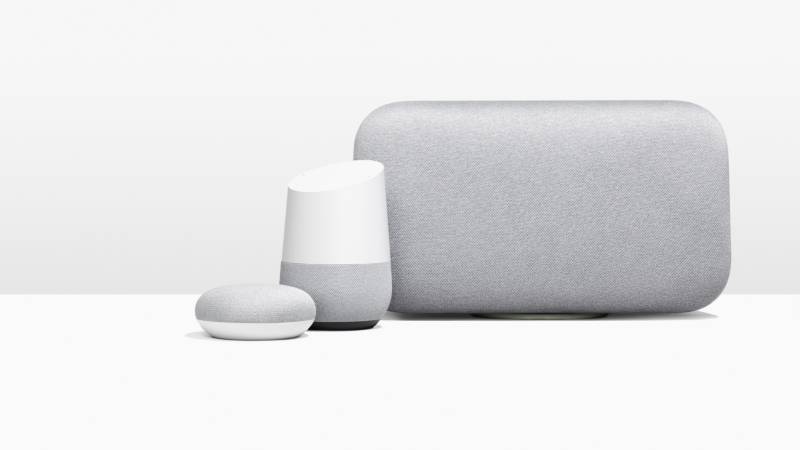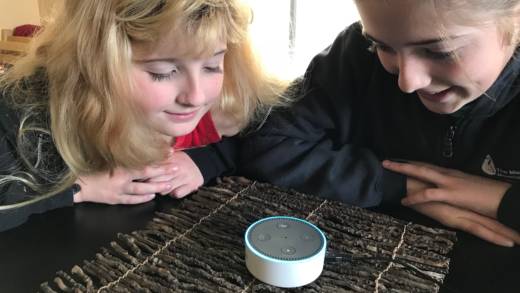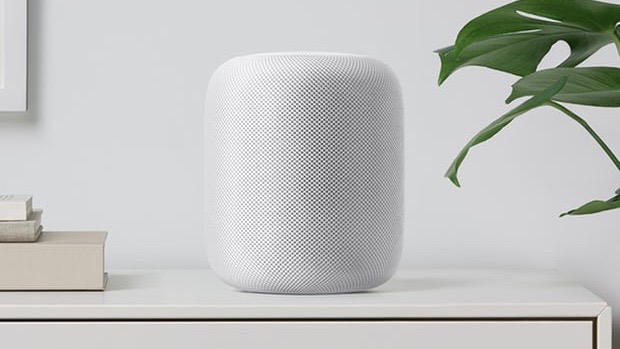Tech companies call it the “smart home.” You know, your refrigerator talks to Amazon. Your doorbell talks to Apple. Your virtual assistant talks to your kids. How do you feel about that last one?
Graham Charles is a stay-at-home dad in San Francisco with two daughters: nine year-old Claudia , and 11 year-old Fern. They’ve had an Amazon Echo Dot for a little over a year.
Charles bought it for the house because he wanted to turn the lights on and off. “We have a home automation system but you have to find the app, and now I can just say ‘Alexa, turn off the kitchen counter lights.’”
The girls like to use it for help with homework and play music. A lot of kids (I’m not naming any names here) also like to encourage virtual assistants to say bad words or make fart sounds.
Even though Charles bought the Dot, the virtual assistant is tracking everyone in the home who talks to it. The ostensible intent of the tracking is to deliver a more satisfying, personalized experience, but there are other directives: to track your habits for advertisers — and to make shopping effortless. What stops the girls from stuffing Charles’ Amazon shopping cart with chocolate or chips or whatever?

“You know, I haven’t done that before, but that’s a good idea,” Fern says.



